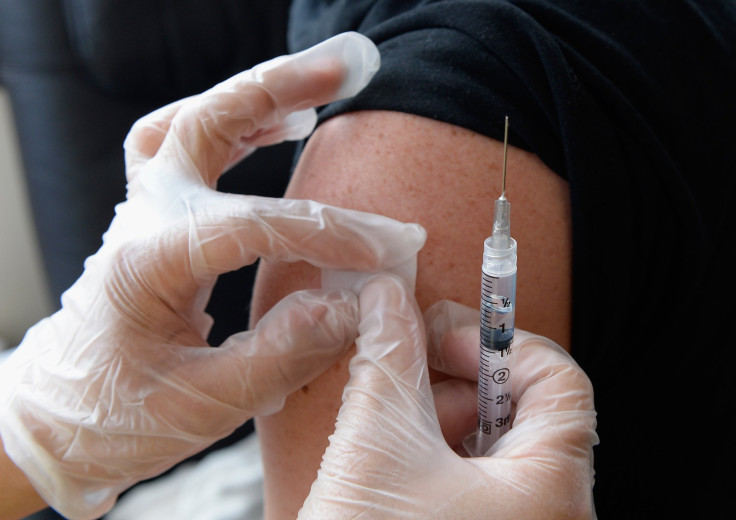New Meningitis Vaccine Launches For UK Teenagers, Students After Cases Spike

A new meningitis vaccine launched Monday in the United Kingdom for teenagers and university students under 25. Public health officials were urging people born between Sept. 1, 1996 and Aug. 31, 1997, as well as all college freshmen, to get the Men ACWY vaccine immediately -- preferably, before school starts next month, the Guardian reported.
"This vaccine will save lives and prevent permanent disability," said Mary Ramsay, head of immunization at the government agency Public Health England. "You should be vaccinated before the start of the academic term or before leaving home for university or college – ideally two weeks in advance."
Meningitis and its associated condition septicaemia affect the brain and spinal cord and are fatal in 50 percent of cases if left untreated, according to the World Health Organization. First-year college students living in dormitories are especially susceptible because of their proximity to other students.
The new shot was developed as a response to a recent increase in the number of meningitis cases in the U.K. There were 117 cases recorded in 2014, up from 22 in 2009.
New #MenACWY vaccine for 17 & 18 year olds protects against #meningitis & #septicaemia http://t.co/H2jGERWuOJ pic.twitter.com/YtJFZKQpRd
— PublicHealthEngland (@PHE_uk) August 3, 2015The Men ACWY protects against four strains of the disease, A, C, W and Y. Another version of the shot, Men B, will be offered to all babies starting in September. They, like all vaccinations in the U.K., are voluntary.
"It is critical that young people are not complacent about the disease and they take the necessary steps to protect themselves, stay vigilant and seek urgent medical help if they suspect it," Sue Davie, chief executive of the British charity Meningitis Now, told the Telegraph.
The United States has also experienced meningitis outbreaks in recent years. One student died and seven students had the disease this year at the University of Oregon, and two cases were diagnosed at Providence College in Rhode Island. Nine students contracted meningitis last year at Princeton University, with one associated death at Drexel University, and four cases were recorded at the University of California Santa Barbara in 2013.
© Copyright IBTimes 2024. All rights reserved.






















